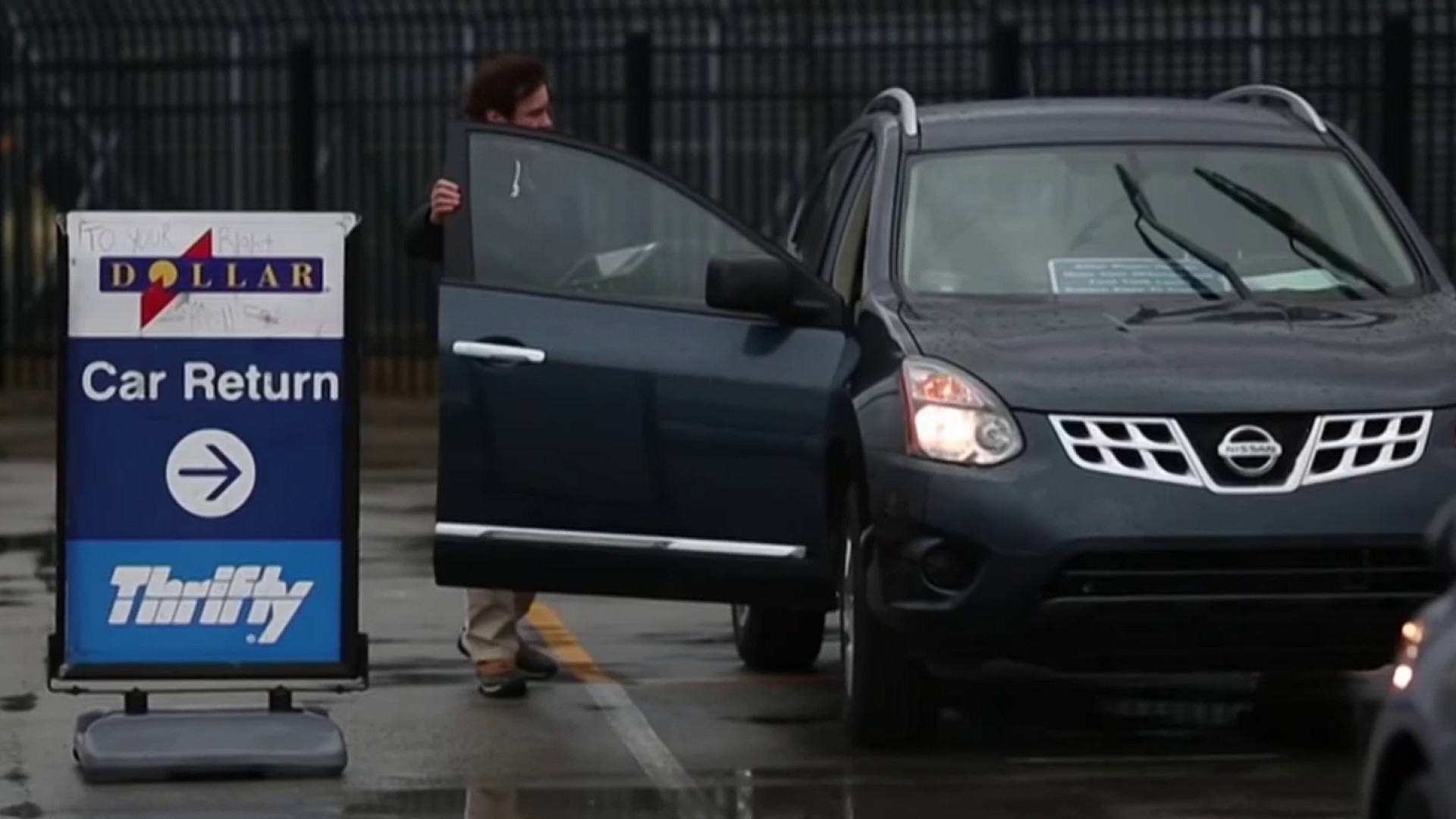By now, most of us know that cellphones and fitness trackers collect and share our data. But you may be surprised to know your car is doing it, too, and experts say the real shocker is the type of information that’s being collected.
In some cases, it could include intimate information, such as your sex life, sexual orientation or religious affiliation.
We’re going to give you something to stew over for the next time you’re sitting in D.C. traffic. All those sensors, cameras and microphones that car manufacturers brag about, and buyers may pay extra for, could be collecting and sharing your personal data.
With every move you make, every text or call you take, your car may be taking notes.
We've got the news you need to know to start your day. Sign up for the First & 4Most morning newsletter — delivered to your inbox daily. >Sign up here.
"I get asked a lot, 'Well, how do they collect information about my sexual activity?' And I don’t know. I also don’t know that they actually are.
Jen Caltrider, privacy expert at the Mozilla Foundation
All I can say for sure when we read the privacy policies was that they required you to consent to a privacy policy that said they could."
It's legal, and it's listed right there in a car’s privacy policy — which many buyers don't read but technically consented to when they bought their cars.
"Most people are like, 'Well, I bought a car last year. I don’t remember consenting to any privacy policy.' And it’s probably because you didn’t, or at least not anything that you really noticed," said Jen Caltrider, a privacy expert at the Mozilla Foundation, a nonprofit focused on making the internet safer.
Her team poured through consumer privacy agreements of 25 of the most popular car brands. They discovered that 84% of them share or sell your data.

How are car companies getting your personal information?
Consumer
Much of the info that car makers collect is coming from ordinary car owners doing seemingly ordinary things — such as downloading their vehicle's app to use features like remote start, or when connecting their phones to their car's Bluetooth system.
"The connected services also can collect a lot of information," Caltrider said. "Then the car companies go on to say that they can collect information from third-party sources, so public information about you or information from governmental sources or social media outlets."
Automakers can combine all that information about you from your car — along with personal information they get from third parties — and share or sell it to all kinds of businesses we know little or nothing about, she said.
"I get asked a lot, 'Well, how do they collect information about my sexual activity?' And I don’t know. I also don’t know that they actually are," Caltrider said. "All I can say for sure, when we read the privacy policies, was that they required you to consent to a privacy policy that said they could."
So what can you do about it?
Andrea Amico, founder of Privacy4Cars, says vehicle owners no longer have to sift through pages of privacy policies. His company built a database that allows you to input your car's VIN to see exactly what types of information your car is collecting on you and how it’s being used.
"Anybody can to go VehiclePrivacyReport.com, and you type in the VIN. We give you a report card, for free, of your car," Amico said. "What did they collect? Where does it go?"
Some data collected by your vehicle can be helpful to drivers, according to the Alliance for Automotive Innovation, which represents the industry.
The group says certain data can enable lifesaving safety systems, such as heart monitors in a steering wheel or a seatbelt that can sense if a driver is having a medical emergency. But the Alliance agrees that privacy policies "might be a little confusing, accounting for incidental collection and inferences drawn from, for example, where the vehicle may have traveled."
That’s why they’re calling on Congress to pass a federal consumer privacy law that will provide car owners with one very clear private policy, so there’s no question about what information is being collected and how it’s being used.
It's something privacy experts agree on.
"It’s nice to see the regulatory bodies kind of being pushed in a direction that’s going to try and take action to protect consumers a little bit," Caltrider said.
Is there a way to opt out of your car’s data collection?
The answer is "sort of" — but it comes with consequences. For example, if you don’t download the vehicle's app, you won’t have access to remote start or other features the app provides. And if you don’t consent to the privacy policy, or parts of it, you could end up voiding your warranty.
And it’s not just your vehicle’s privacy policy at play here. Your radio apps, car emergency systems and GPS apps all have privacy policies of their own when it comes to how they collect your personal information.



